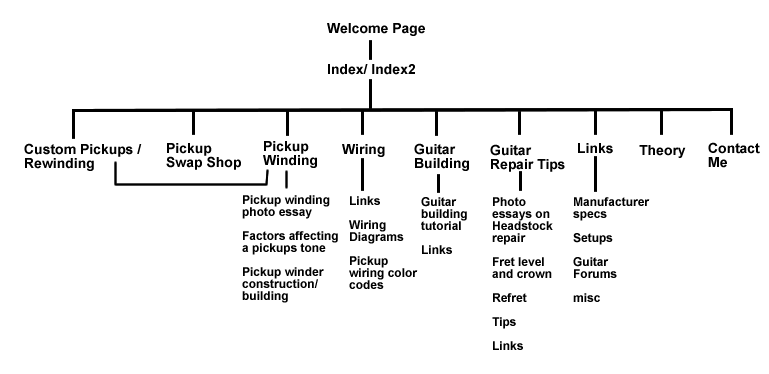Capacitor Test
I decided to do some testing to determine
if the TYPE of capacitor makes any difference when utilized as a tone
capacitor in an electric guitar. To do this I used several capacitors
wired to a switch and installed the switch in place of the tone capacitor
in my LP junior type With P-90 pickups... caps were all rated at .047uf,
ceramic tested at .044, the Polyester at .044, and the Paper In Oil
at .045. After installation on the switch the assembly tested at ceramic
.04475, Polyester .04551, and Paper in Oil at .04678. I tested many
of each type and these were the closest matched, all were within tolerance
but the polyester and Paper in oil were the most consistent. (The
% of error was about the same for all other values tested (.022, .01,
.03.) I was planing on doing the same tests with diferent values)
.047uf Capacitors
this first section is with the guitar
tone control set to "10"
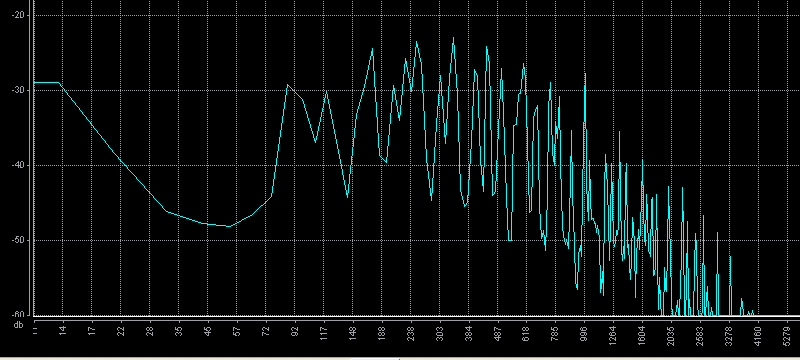
Ceramic Disk capacitor
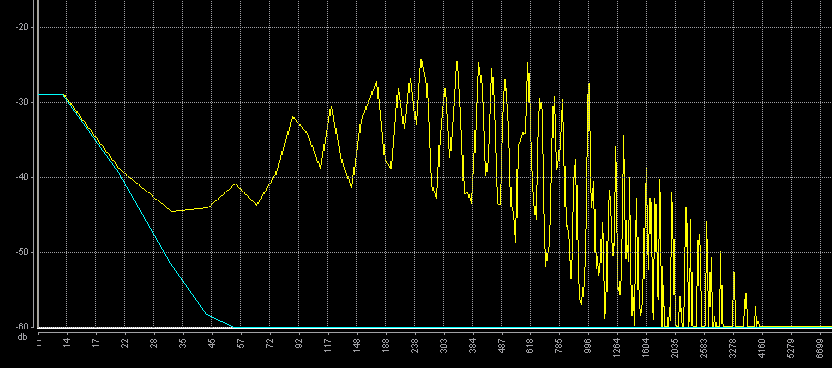
Polyester Film
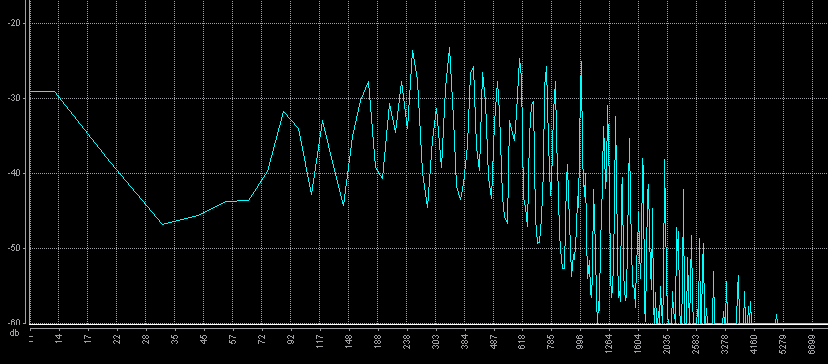
Paper in Oil
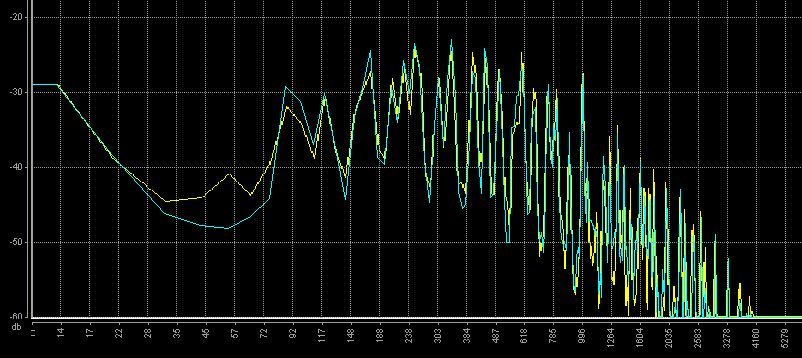
Ceramic (blue) over Polyester film
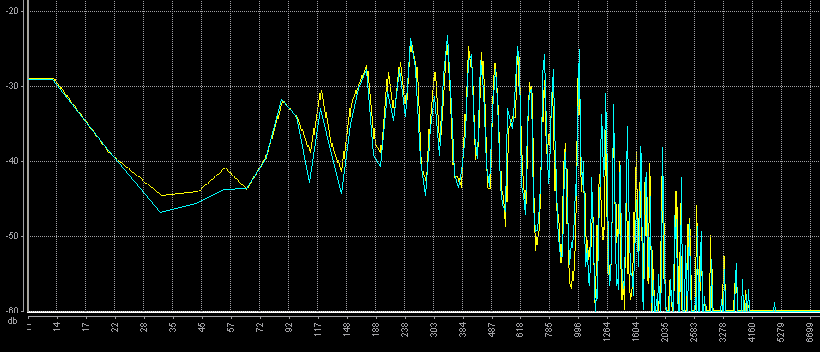
Paper in oil (blue) over Polyester
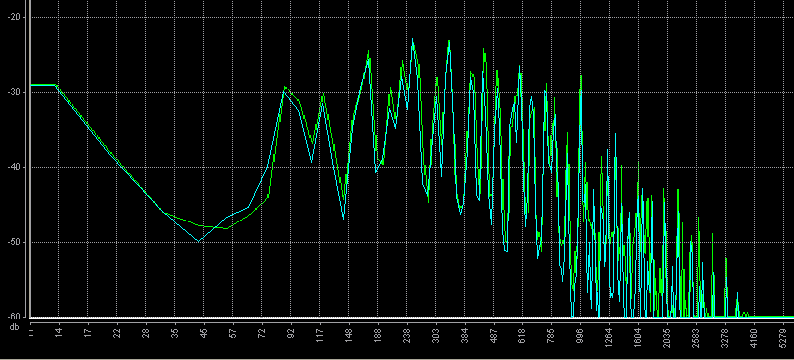
paper in oil (blue) over ceramic (I
had to redo the paper in oil sample for this image which is why
it's slightly different than the original
sample)
Based upon these images I'd say the
Paper and OIl and the Polyester are pretty well matched but the ceramic
seems to have a loss in the 67HZ area (it NEVER went higher than the
image shown)
Tone control set to "0"
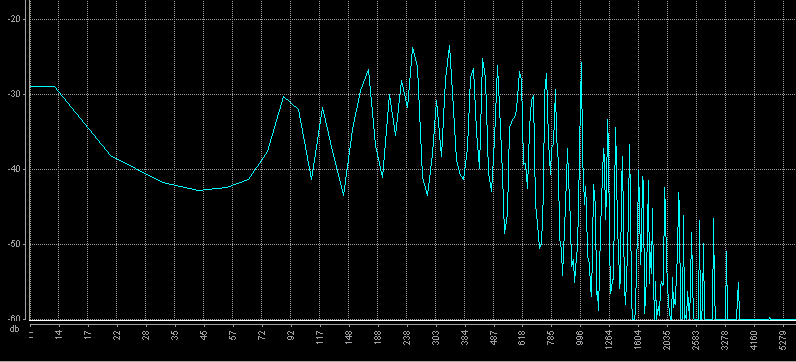
Ceramic Disk
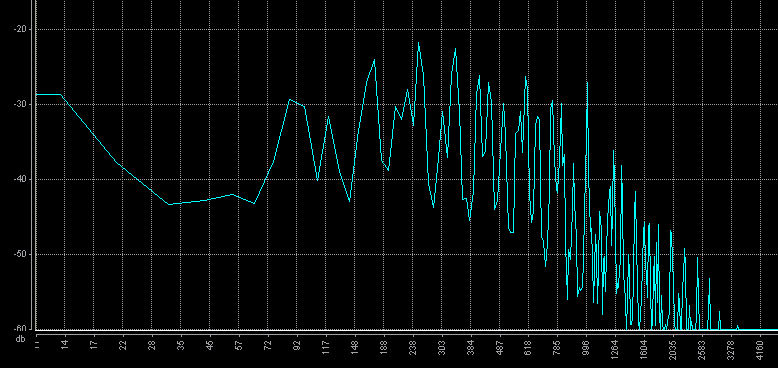
Polyester Film
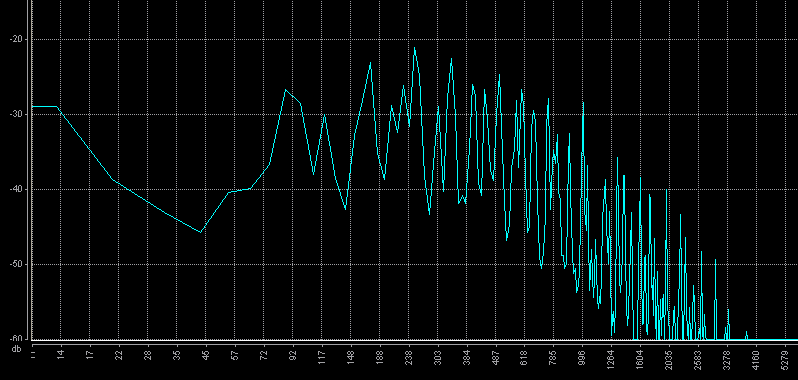
Paper In Oil
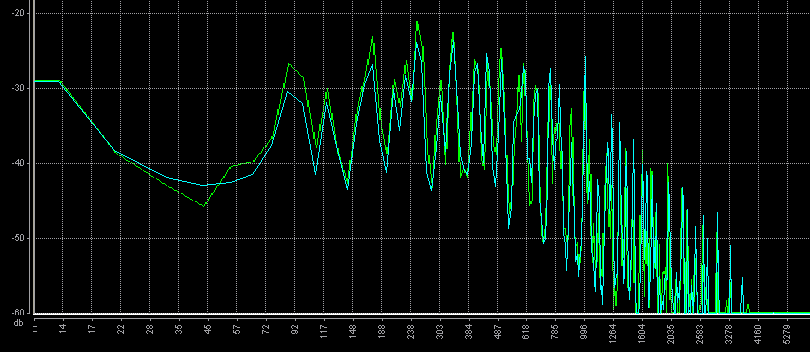
Ceramic disk(blue) over PIO
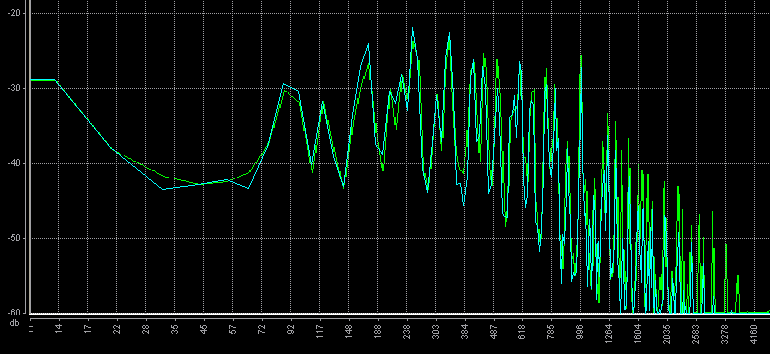
Polyester Film(blue) over Ceramic
Disk
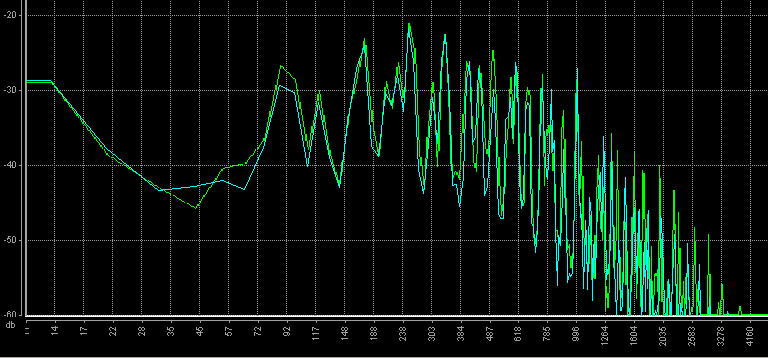
Polyester Film(blue) over PIO
Based upon these images I'd say the
PIO and polyester film were very close. The ceramic disk retained
a little more high end, and the PIO a minimum more lows at about 92hz.
By simple images I'd say the ceramic disk would be the "worse"
choice. with the other two being interchangeable.
Based upon listening tests I was
able to discern VERY VERY MINOR differences. The Polyester seemed
slightly smoother in the upper range, and the paper and oil slightly
fuller/smoother in the middle/ upper middleleaving at tad more high
edge. I tested this by playing thru a fixed sequence of chords while
my son flipped the selector between positions at regular intervals.
At reduced settings it seemed the ceramic cap sounded a little brittle
in this test. The paper in oil seemed to react just a touch different
in that when rolling off highs it affected a slightly wider range.
However, there is NO WAY I would be able to discern these differences
under any other conditions. They were so minor that I often had to
compare between two caps several times to be sure I was hearing it.
The heavyness of the picking stroke made much more difference than
the cap type. From the pickiest standards, I'd say the Paper in oil
may be more suited to for a smooth humbucker tone where you want a
smooth top end when rolling off the tone, it seems to cut back a wider
range all at once smoothly, where the polyester seemed to have sharper
deliniation of where it cut frequencies, but does it smoothly. The
polyester would be my nit picky choice for singlecoils. All things
considered(price, availiability, size, and character) I'd choose decent
quality polyester film. While I did not encounter it with this set
of caps, ceramic disks and low quality polyester film caps can be
somewhat microphonic I suppose that could be a good thing, just as
a slightly microphonic pickup can be a good thing, but for reliabiliyt/consistency
I'd say avoid them..... I WOULD NOT base my decision on character
alone as it is VERY hard to discern. (I have excellent hearing and
I get it tested annually).....I can also say the test reaffirmed my
dislike for caps this large on the tone control....
I was also going to run them thru
an oscilloscope, but I found this
article discussing the hysterisis of different capacitor types
with scope images. The author seems to know more about this stuff
than I do, so I'll not bother... It should be noted that the discussion
primarily considers capacitors "IN" the signal chain. Tone
caps in a guitar are not "IN" the signal chain in that the
audible sound does not pass thru the capacitor in order to be heard.
And one final note, this lab stuff
is entirely out of my realm. Part of the reason I didn't do the scope
test (besides finding something that seems to be "already done")
is I don't know what I was "looking for", I couldn't get
my sound card to function as a tone generator and sampler at the same
time, and I didn't want to go thru the hassle of taking digital pics
of an actual scope (sense it was "already done")

